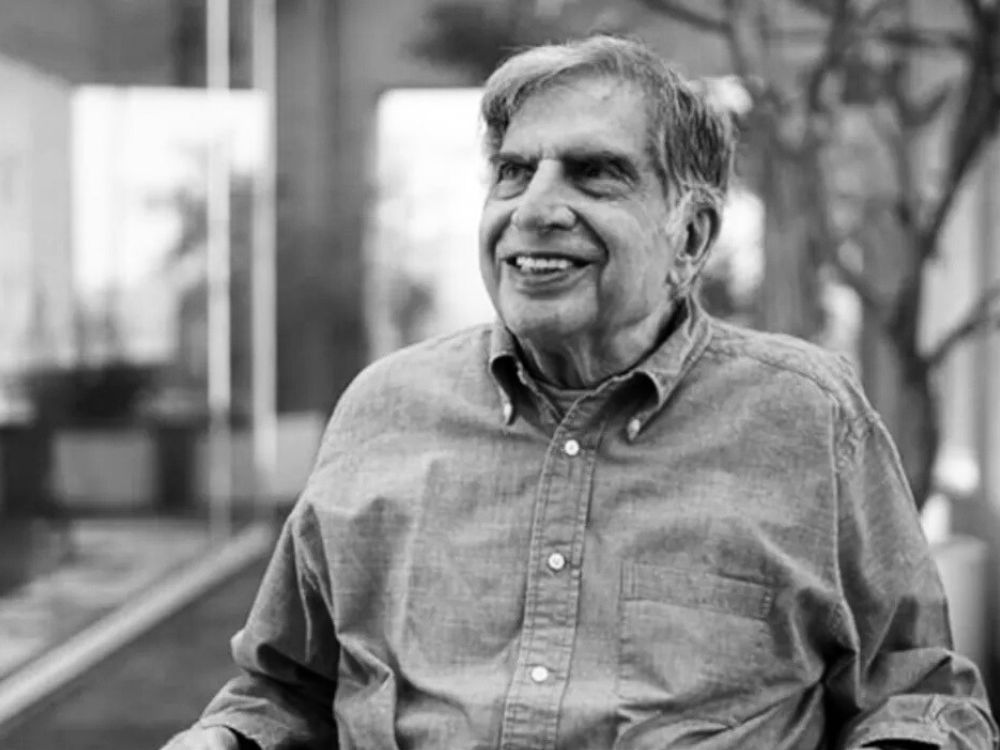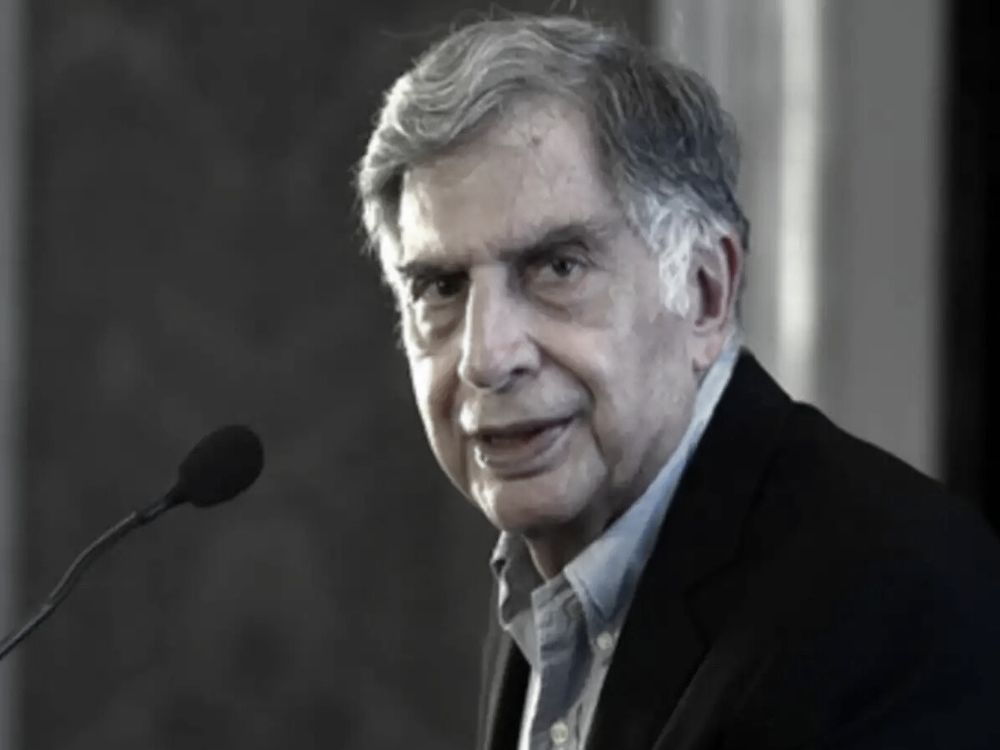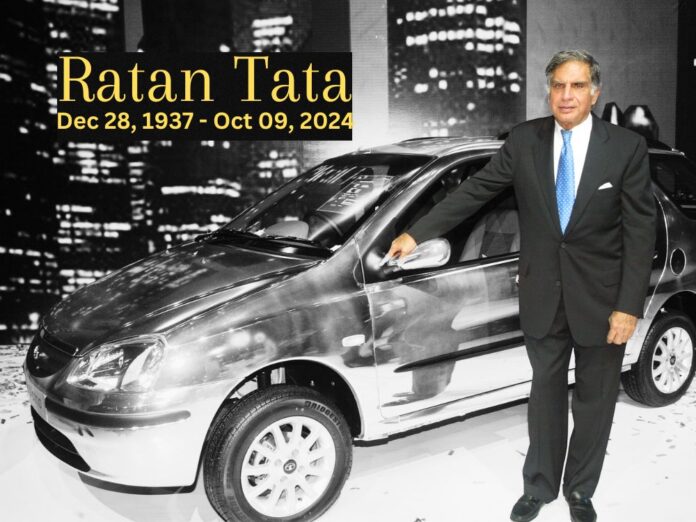Ratan N Tata, one of India’s most revered and admired industrialists, left an indelible mark on the nation’s business landscape through his visionary leadership and commitment to philanthropy. As the Chairman of Tata Sons and Tata Trusts, he not only steered the Tata Group to new heights but also made significant contributions to society, becoming a symbol of humility and integrity.

Ratan Tata, born on December 28, 1937, to Naval and Soonoo Tata, was raised by his grandmother, Navajbai Tata, in Mumbai. He pursued his Bachelor’s degree in Architecture from Cornell University and later attended the Advanced Management Program at Harvard Business School. His years in the United States shaped his worldview, but he returned to India due to family responsibilities, ultimately joining Tata Industries in 1962 after a brief stint at Tata Motors and Tata Steel.
In 1991, Ratan Tata took over as the Chairman of Tata Sons, a pivotal year as India opened its economy through economic reforms. Under his leadership, Tata Group embraced globalization, acquiring several high-profile brands like Tetley, Corus, and Jaguar Land Rover, transforming the group into a global powerhouse. He introduced strategic changes, modernizing the group and making it competitive on a global scale.
Among his most notable achievements was the launch of the Tata Nano in 2008, the world’s most affordable car. The Nano was not just a business endeavor; it embodied his vision to make car ownership accessible to millions of Indian families. Ratan Tata kept his promise of delivering a 1 lakh car (approx. $2,000), capturing headlines around the world and redefining affordable innovation.

During his 50-year association with the Tata Group, Ratan Tata demonstrated an unwavering commitment to ethical business practices. He officially retired as Chairman of Tata Sons in 2012 but continued to guide the organization as Chairman Emeritus. In recognition of his contributions, he was awarded the Padma Vibhushan, India’s second-highest civilian honor, in 2008.
N Chandrasekaran, the current Chairman of Tata Sons, praised Tata’s leadership, stating, “Under Ratan Tata’s stewardship, Tata Group expanded its global footprint while staying true to its values. His dedication to society through initiatives in education and healthcare has touched millions, leaving a legacy that will benefit generations.”
Beyond business, Ratan Tata’s philanthropic initiatives through Tata Trusts focused on education, healthcare, and rural development, reinforcing the group’s commitment to social responsibility. He believed in giving back to the community, a value deeply embedded in the ethos of the Tata Group.
Ratan Tata’s legacy is not just about his business acumen but also about his compassion, humility, and the impact he made on the lives of millions. As tributes pour in from across the world, it is evident that he will be remembered as much for his visionary leadership as for his generosity and humanitarian spirit.


